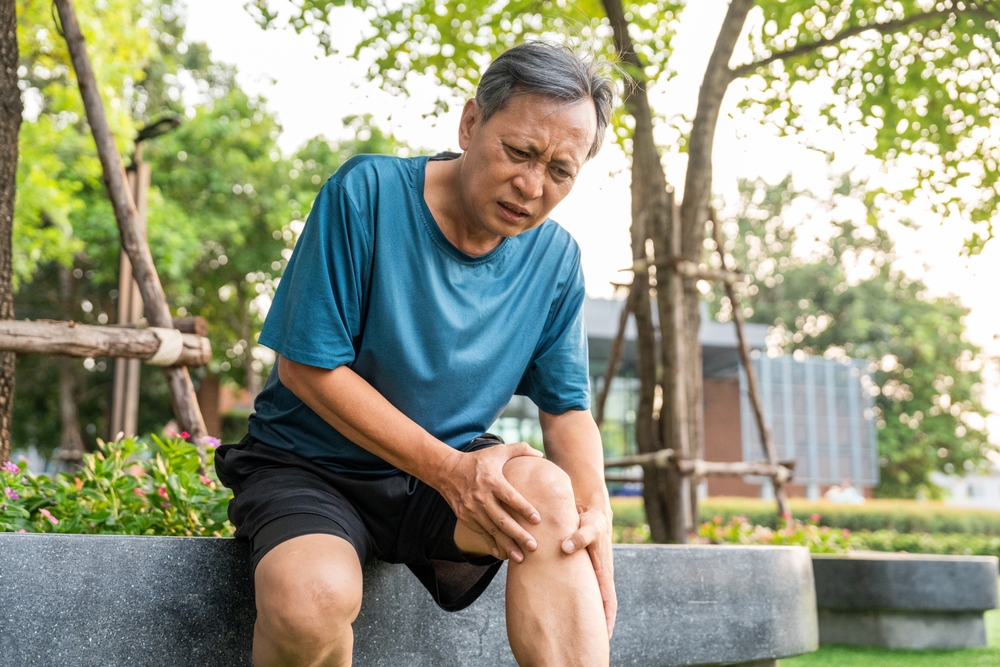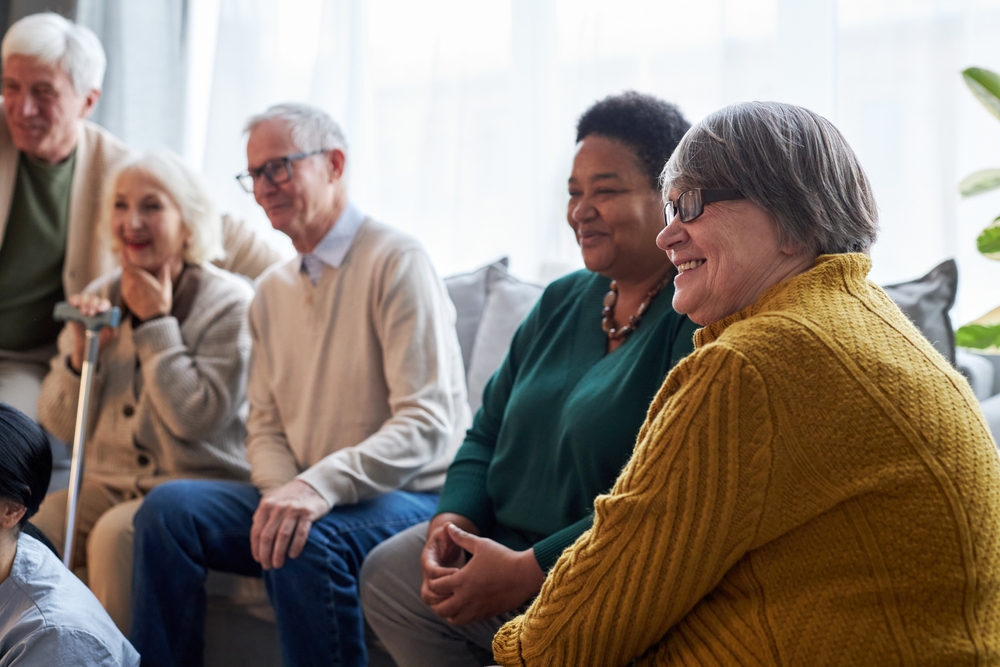Signs of Decline in Elderly
Category:

As your loved one ages, it is natural for them to experience physical and cognitive changes. However, these changes can also be a sign of more serious issues. In these cases, you may want to monitor your loved one’s health to ensure they receive the care they need. In this post, we will review elderly signs of elderly decline and how to care for them.
Why You Should Care About Declining Health in Elderly
When an older adult’s health starts to decline, it can significantly decrease quality of life. When left untreated, declining health can ultimately lead to chronic pain, increased hospital stays, fall risks, and even death. Recognizing signs of getting old can be potentially life-saving for some older adults. Next up, let’s look at the signs of decline in the elderly.
Signs of Decline in the Elderly
Signs an elderly person is declining include:
- Personality changes. This can include losing interest in things they once enjoyed or general mood changes, which can be a sign of dementia.
- Mental health issues. Deteriorating health can often cause anxiety or depression.
- Forgetfulness. Take note if they are missing medication doses or if they’re forgetting to pay bills.
- Decreased appetite. Poor eating habits can be the result of bad health.
- Change in physical appearance. This can include a sudden change in weight, skin color, or overall appearance.
- Poor hygiene. This can often be a sign of an inability to properly bathe themselves.
- Incontinence. A lack of voluntary control over urination or defecation can be a sign of poor health.
- Sleep disturbances. Sleep apnea, medication side effects, and chronic pain can often result in disturbances in one’s sleep.
- Vision or hearing impairments. This can prevent activities such as reading or communicating.
- Fatigue. Unexplained exhaustion can often be a sign of an underlying health condition.
- Mobility issues. Deteriorating health can make it difficult to walk, climb stairs, or get in and out of bed.
Now that we know more about the signs of declining health, let’s look at how to provide care when the elderly decline rapidly.
Download Our FREE Home Safety Guide for the Elderly
How to Care for Sudden Health Decline in Elderly
When you start to notice elderly decline signs, it is vital to get the proper care for your loved one. Below are some tips you can take into account.
- Consult a doctor. A medical professional can provide opportunities for evaluating health via tests and other examinations.
- Practice good nutrition. This includes a balanced diet of fruits, vegetables, and whole grains. Additionally, you may want to consider working with a dietician.
- Manage medications. Make sure your loved one is taking medications as prescribed. This can be helped using pill dispensers or mobile apps to keep everything on track.
- Exercise. Exercising regularly can help improve mobility and strength.
- Keep the home safe. This can include removing tripping hazards or installing grab bars.
- Address cognitive decline. Work with a doctor to develop a plan, which may include medication or cognitive exercises.
- Provide emotional support. To prevent social isolation, encourage your loved one to participate in activities at their local senior centers or community groups.
- Get in-home care. Homecare services, such as Griswold, can provide numerous benefits. This ranges from companion care to personal care.
Subscribe
Date: 2023-12-28
Category:


